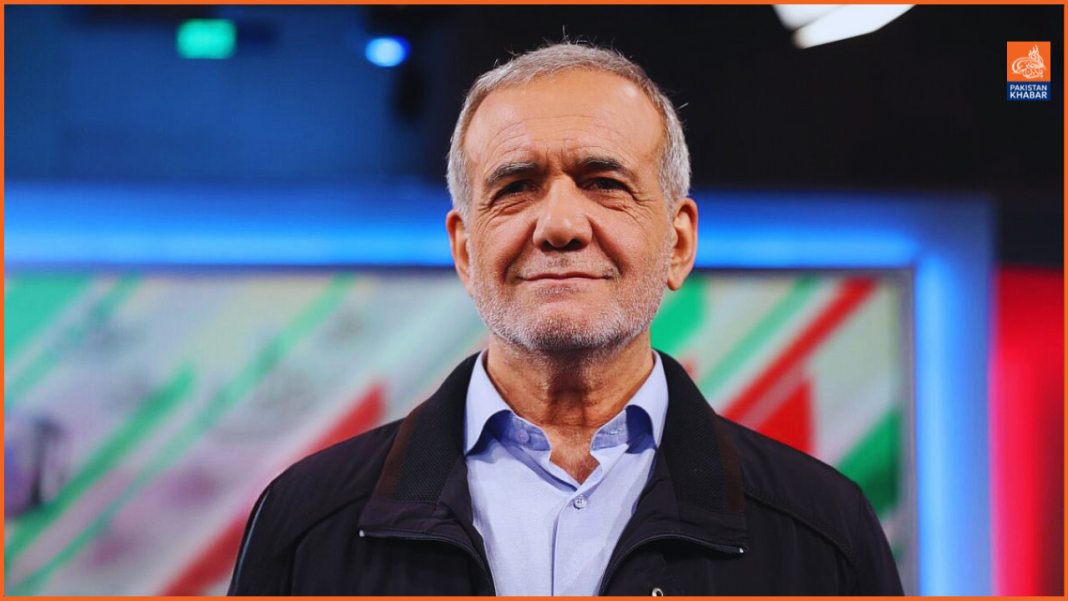Iranian President Masoud Pezeshkian announced on Sunday that the country intends to respond to Israel’s recent attack on its territory. However, he indicated that the specifics and severity of that response may be modified if Israel agrees to a cease-fire and halts its aggressive actions in the region.
During a Cabinet meeting in Tehran, Pezeshkian revealed that leaders from the United States and several European nations had assured Iran that they would call for a cease-fire in Gaza if Tehran refrained from retaliating for the assassination of Ismail Haniyeh, the political leader of Hamas, which occurred in July. He highlighted that the assassination of Haniyeh on the first day of his administration was a deliberate provocation.
Pezeshkian reaffirmed Iran’s resolve to take action in response to Israeli activities, saying, “Should they reevaluate their actions, agree to a cease-fire, and cease the killing of the oppressed and innocent in the region, it could influence the nature and severity of our response.” He emphasized that Iran has shown restraint at the urging of other nations, with hopes of achieving a cease-fire and safeguarding innocent lives.
On October 26, the Israeli military launched a four-hour assault on Iranian targets, which Iran confirmed, claiming to have successfully repelled attempts by Israel to strike various locations in Tehran and other areas. This conflict resulted in the deaths of four Iranian soldiers, according to official reports.
In anticipation of potential retaliation from Iran, Israel has raised its alert status and deployed the American THAAD air defense system. On Saturday, Iran’s Supreme Leader Ayatollah Ali Khamenei declared a “harsh response” against both the U.S. and Israel, addressing a large gathering of students and asserting that Iran is preparing to defend against external threats through military readiness, armaments, and political strategies.
This situation escalates following Iran’s launch of over 180 rockets at Israel in early October, which Tehran characterized as “revenge” for the assassination of Haniyeh and other key figures in the region, including Hezbollah leader Hassan Nasrallah and IRGC commander Abbas Nilforoushan.




